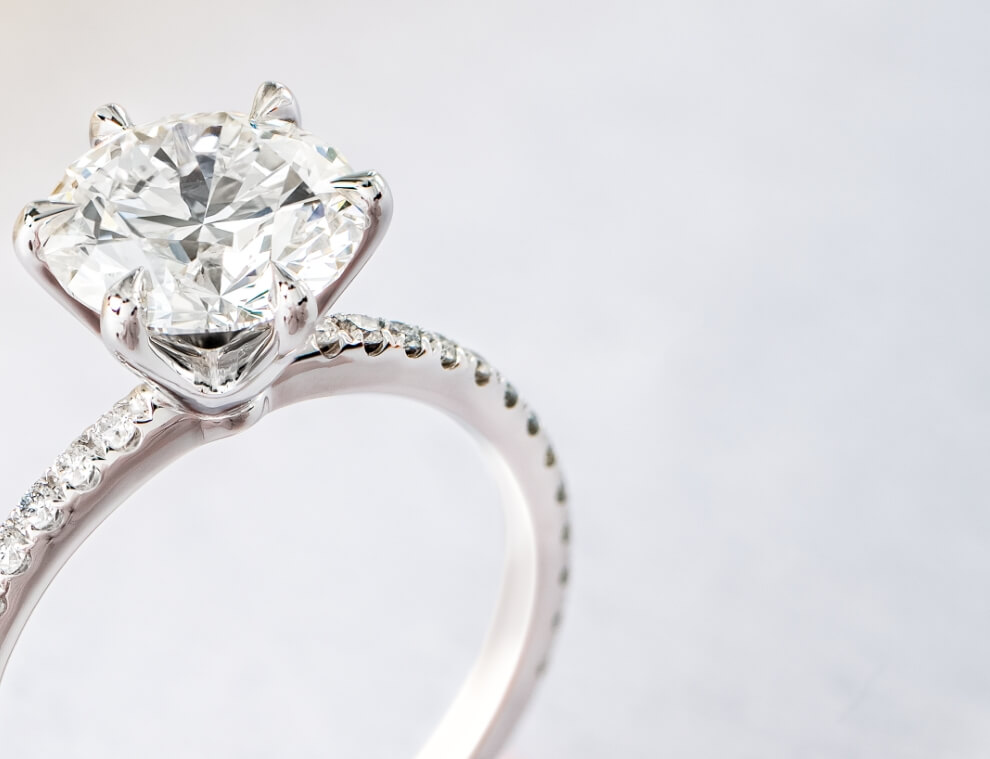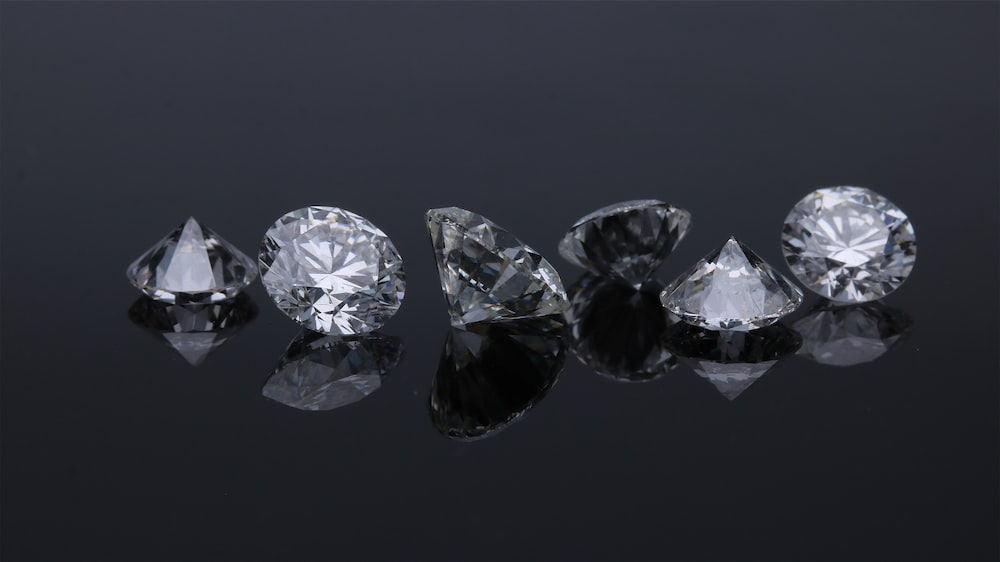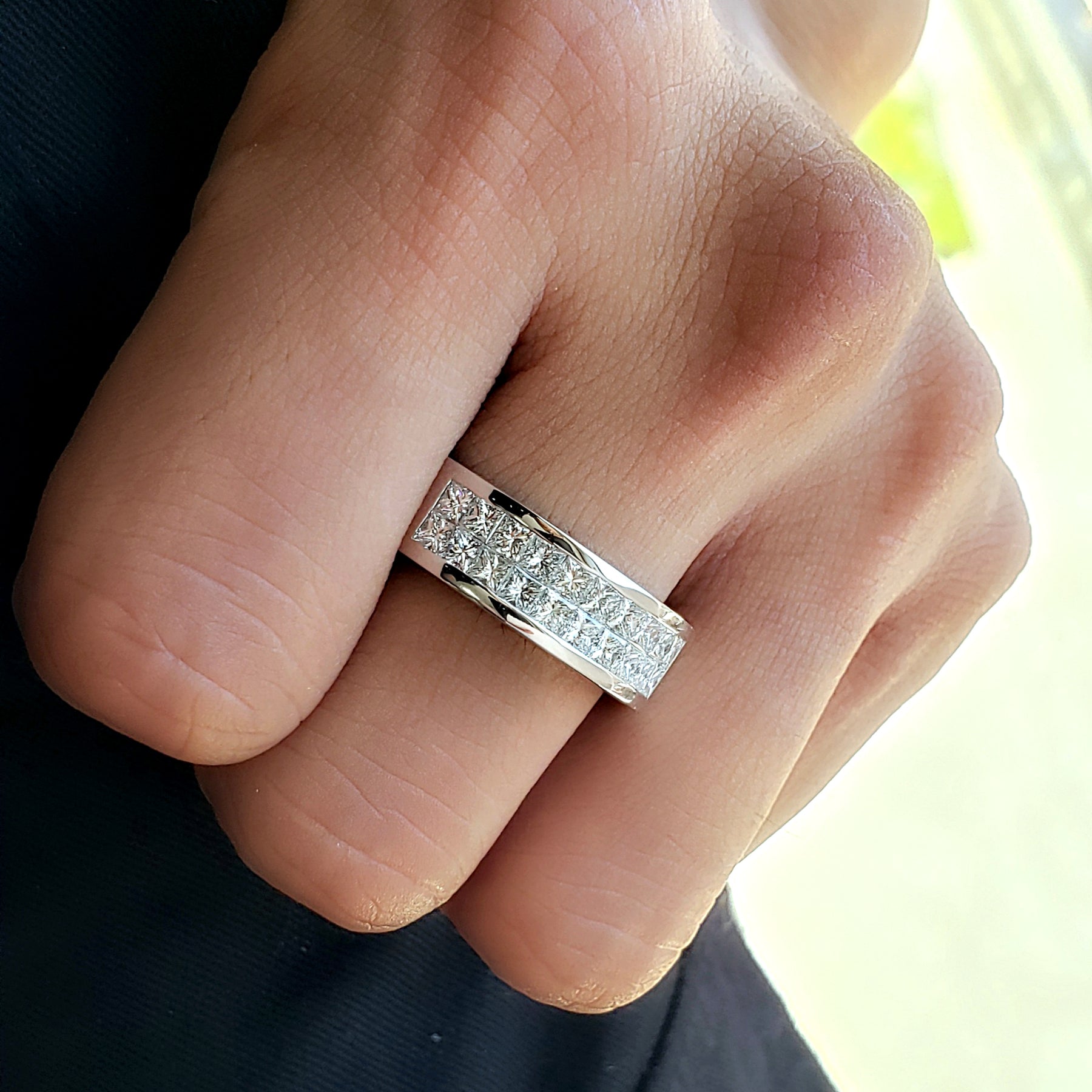
In recent years, there’s been a significant buzz around lab-grown diamonds, and for a good reason. These diamonds, cultivated in controlled environments rather than mined from the earth, offer a host of benefits. If you’re considering purchasing a diamond, it’s worth delving into the world of lab-grown gems.
Table of Contents
Introduction to Lab Grown Diamonds
What are lab-grown diamonds: buy lab grown diamonds, also known as synthetic or cultured diamonds, are created through advanced technological processes that mimic the natural conditions in which diamonds form beneath the earth’s surface.
How are they made: These diamonds are cultivated in laboratories using either High Pressure High Temperature (HPHT) or Chemical Vapor Deposition (CVD) methods. Both techniques involve replicating the extreme heat and pressure found in the Earth’s mantle to crystallize carbon atoms into diamonds.
Benefits of Buying Lab Grown Diamonds
Cost-effectiveness: One of the most compelling reasons to opt for lab-grown diamonds is their affordability. On average, lab-grown diamonds are significantly cheaper than their natural counterparts, making them an attractive option for budget-conscious buyers.
Ethical considerations: Unlike mined diamonds, lab-grown diamonds are free from the ethical concerns associated with traditional diamond mining, such as human rights abuses and environmental destruction. By choosing lab-grown diamonds, consumers can support an industry that prioritizes ethical practices and transparency.
Environmental impact: The environmental footprint of lab-grown diamonds is substantially smaller compared to mined diamonds. These diamonds require minimal land disruption and reduce the demand for mining, thereby mitigating the ecological damage caused by traditional diamond extraction.
Quality and Appearance of Lab Grown Diamonds
Comparing to natural diamonds: In terms of quality and appearance, lab-grown diamonds are virtually indistinguishable from natural diamonds. They exhibit the same chemical and physical properties, including brilliance, hardness, and fire, making them an excellent alternative for those seeking a diamond with exceptional beauty and durability.
Certification and standards: To ensure transparency and authenticity, reputable lab-grown diamond retailers provide certification from recognized gemological laboratories. These certificates verify the origin and characteristics of the diamond, giving buyers peace of mind regarding their purchase.
Market Trends and Popularity
Growth in demand: The demand for lab-grown diamonds has surged in recent years, driven by growing consumer awareness of their benefits and sustainability credentials. As more people prioritize ethical and eco-friendly products, the market for lab-grown diamonds continues to expand rapidly.
Consumer awareness: With increased media coverage and educational campaigns, consumers are becoming more informed about the advantages of lab-grown diamonds. This awareness shift is reshaping the diamond industry, prompting traditional players to adapt to changing preferences.
Where to Buy Lab Grown Diamonds
Online retailers: Numerous online retailers specialize in lab-grown diamonds, offering a wide selection of shapes, sizes, and designs. These platforms provide convenience and accessibility, allowing buyers to browse and purchase diamonds from the comfort of their homes.
Physical stores: Some brick-and-mortar jewelry stores also carry lab-grown diamonds alongside their natural counterparts. Visiting a physical store enables customers to examine diamonds in person and receive personalized assistance from knowledgeable staff.
Factors to Consider When Purchasing
Budget: Setting a budget is crucial when buying a lab-grown diamond, as prices can vary depending on factors such as carat weight, cut, and clarity. By establishing a budget beforehand, buyers can narrow down their options and find a diamond that meets their financial constraints.
Style and design preferences: Consideration should also be given to the style and design preferences of the recipient if the diamond is intended for a piece of jewelry. Whether it’s a classic solitaire engagement ring or a trendy halo pendant, choosing a diamond that complements the recipient’s taste ensures a meaningful and cherished gift.
Customer reviews and reputation: Before making a purchase, research the reputation of the retailer and read customer reviews to gauge their reliability and customer service. Opt for vendors with positive feedback and a track record of delivering high-quality products and exceptional customer experiences.
Common Misconceptions about Lab Grown Diamonds
Quality concerns: One common misconception about man made diamonds is that they are of inferior quality compared to natural diamonds. In reality, lab-grown diamonds undergo rigorous quality control measures to ensure they meet the same standards of brilliance and durability as natural diamonds.
Resale value: Another misconception is that lab-grown diamonds have a lower resale value than natural diamonds. While it’s true that lab-grown diamonds may not hold the same resale value as natural diamonds, their affordability and ethical appeal make them an attractive option for many buyers.
Educational Resources for Buyers
Guides and tutorials: Numerous online resources provide guidance and information for buyers interested in purchasing lab-grown diamonds. These guides cover topics such as diamond selection, certification, and care tips, empowering consumers to make informed decisions.
Expert advice: Seeking advice from industry experts and certified gemologists can also be beneficial when navigating the world of lab-grown diamonds. These professionals can offer personalized recommendations based on individual preferences and requirements, ensuring a satisfying buying experience.
Case Studies and Testimonials
Customer experiences: Reading case studies and testimonials from satisfied customers can provide valuable insights into the quality and value of lab-grown diamonds. Hearing about real-life experiences and success stories can help prospective buyers feel more confident in their decision to purchase a lab-grown diamond.



